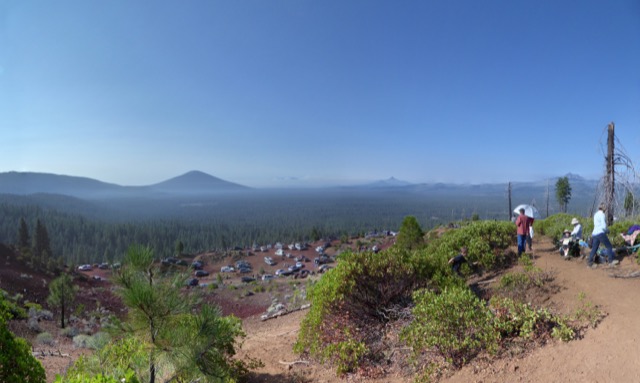Five years ago, on the fiftieth anniversary of Martin Luther King, Jr.’s “I have a dream” speech, the Antiplanner noted that blacks had made a lot of political progress since then, but hadn’t made much economic progress. For example, black per capita incomes as a percent of white incomes had grown from 55 percent in 1963 to 58 percent in 2011, the last year for which data were available at the time I was writing. (According to tables B19301B and B19301H of the Census Bureau’s American Community Survey, the actual percentage in 2011 was 56 percent.)
There have been some improvements in the last five years, but they are small. Black per capita incomes in 2016 — the last year for which numbers are available now and five years after the 2011 data I cited in 2013 — are 2 percent greater, as a share of of non-Hispanic white incomes (58 percent in 2016), than they were in 2011. According to tables B19013B and B19013H, black household incomes have grown from 60 percent to 61 percent of non-Hispanic white incomes. (The ratio is a little higher because black households have more people.)
Black wealth took a big hit in the Great Recession. Unlike incomes, this doesn’t appear to have improved since 2011. Continue reading








